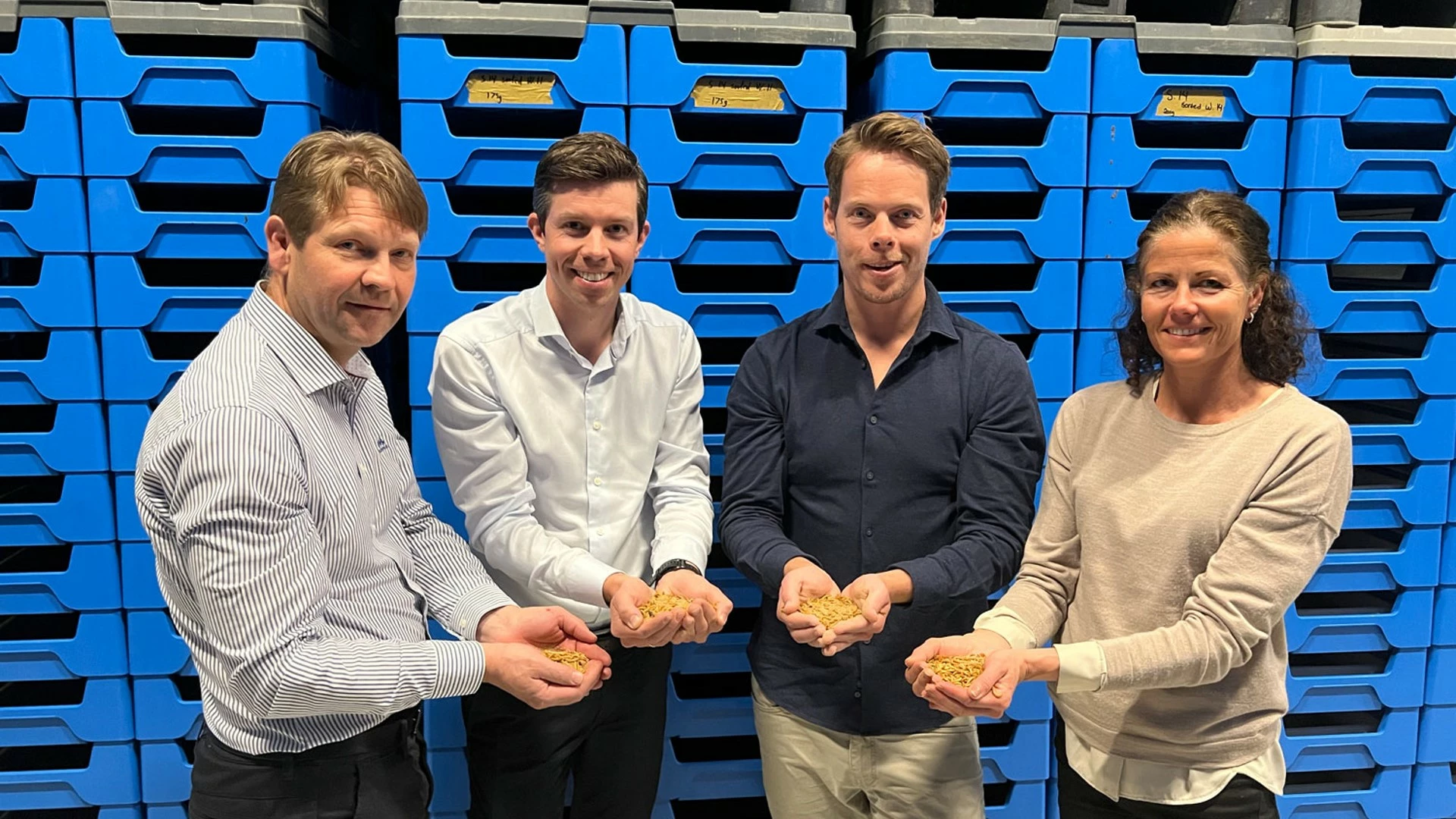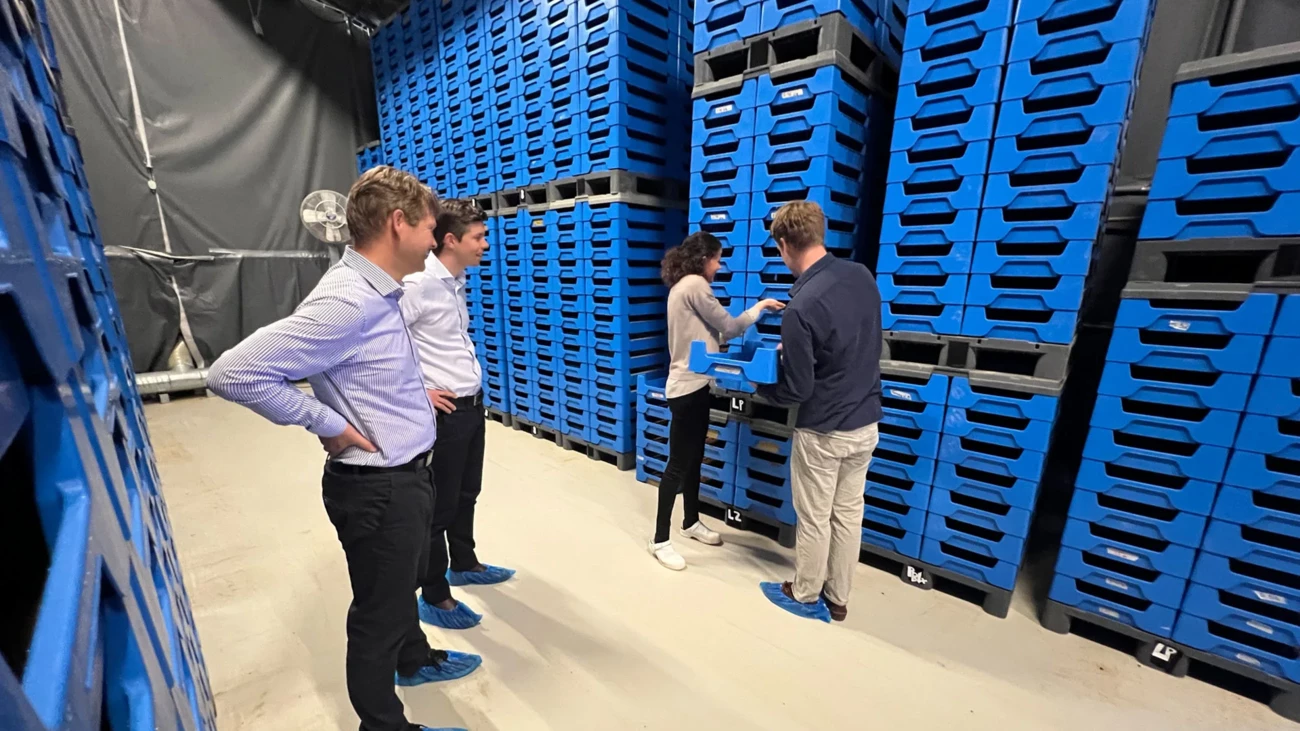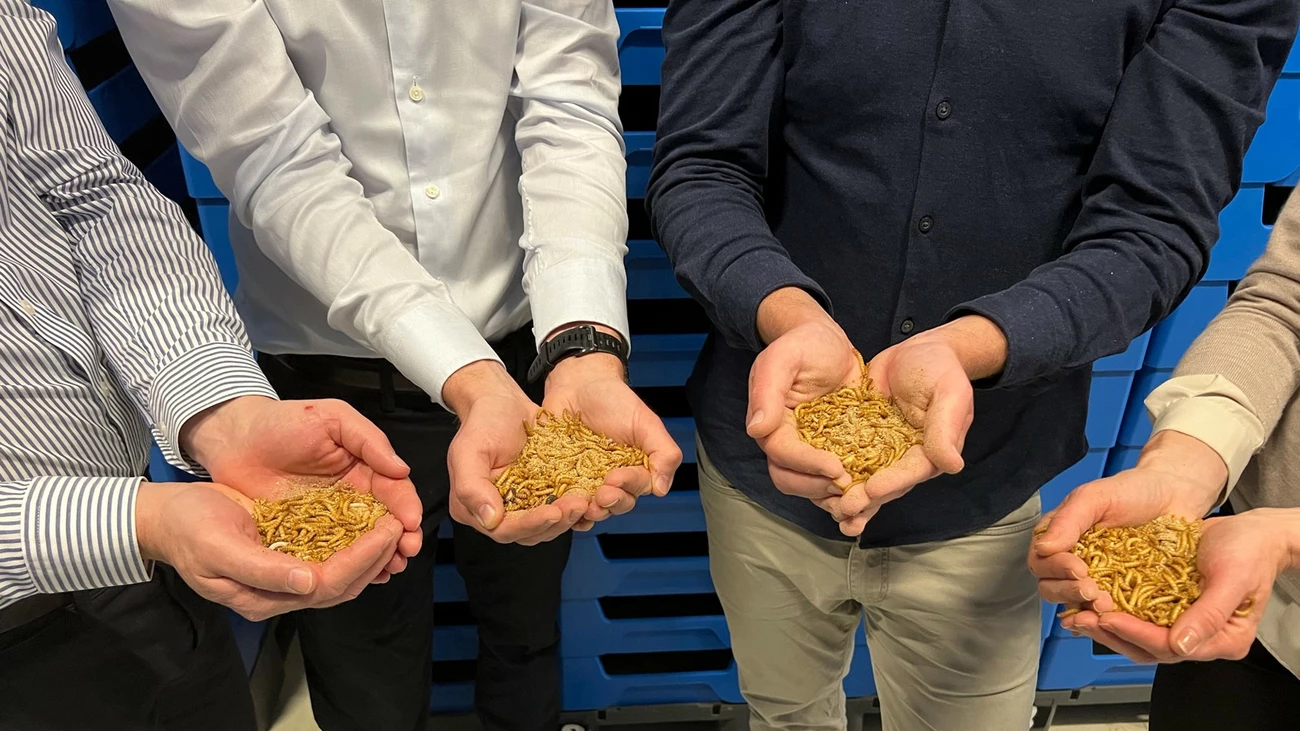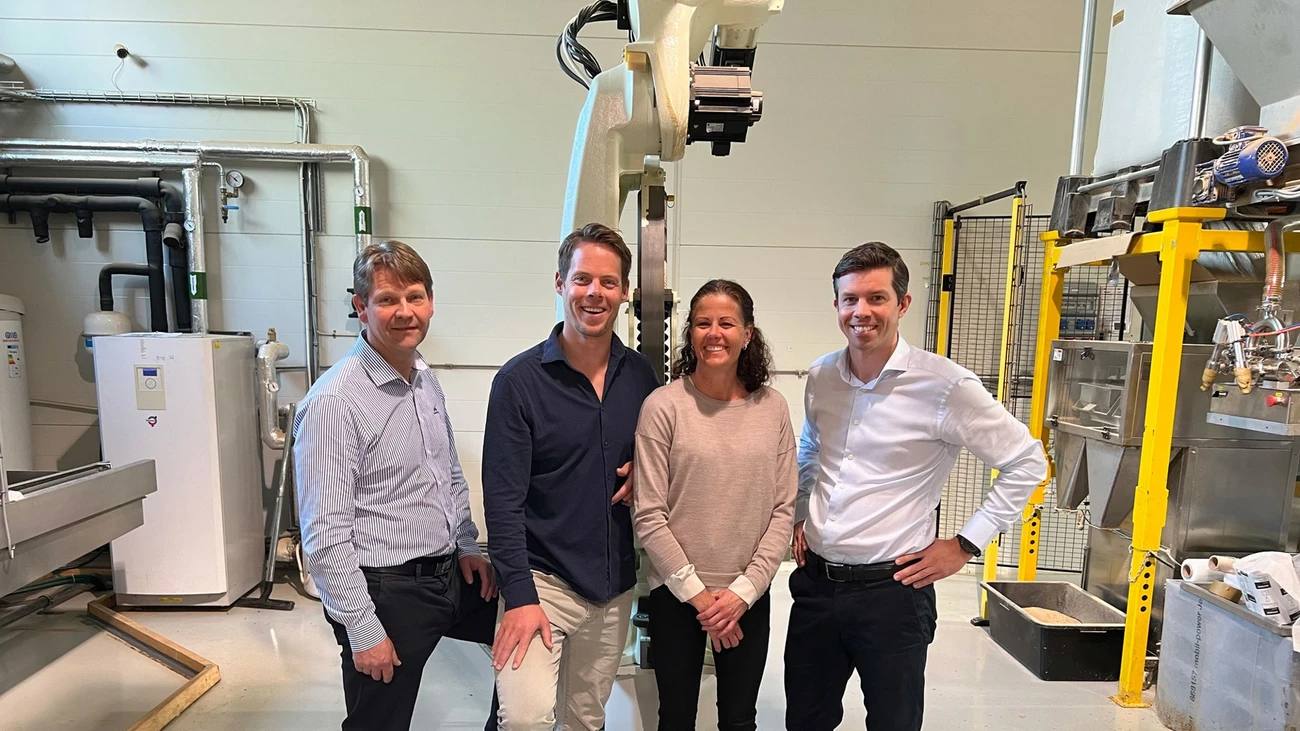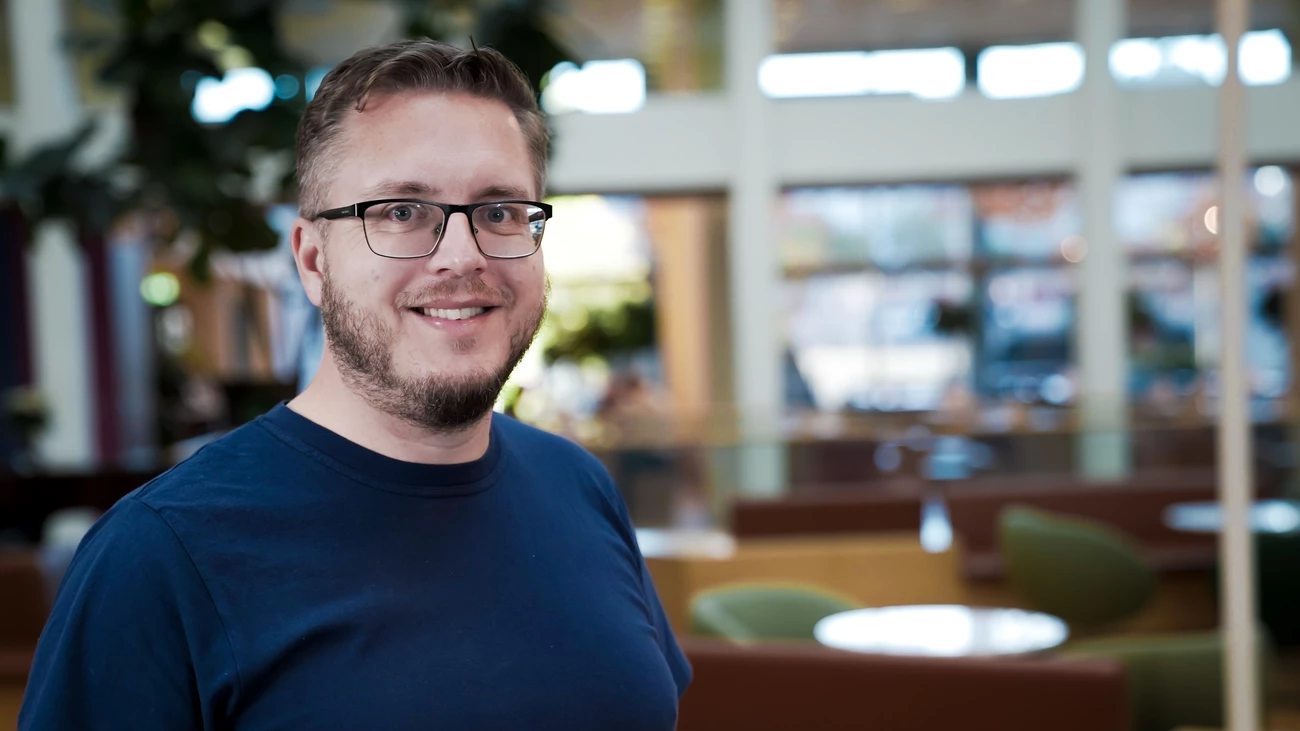About Invertapro
About Invertapro
Invertapro is a leading insect rearing and breeding company based in Norway. In 2018 the company was the first in Norway to launch insect products and insect-based plant fertiliser.
In 2019 the company launched a bread consisting of 2.1 per cent dried larvae, which was sold through the supermarket chain Meny. Moreover, Invertapro has launched dried larvae with and without chili as snacks.
In 2022 the company plans to market a number of new products for animals as well as humans.
